This is how many years it takes for these everyday items to decompose
KEY POINTS
- UN official warns of "ocean Armageddon" due to plastic pollution.
- Everything from banana skins to plastic bottles take a surprisingly long time to degrade.
Do you know how long it takes for the lid on your morning cappuccino to decompose? How about the packet of crisps you screwed up at lunchtime? These are questions that environmentalists want us to ask more often if we are to protect the world from pollution.
The situation is so grave that nations across the world have agreed that plastic waste must be stopped from ending up in the sea in what the UN environment head has called an "ocean Armageddon", according to Sky News.
A recent study by the University of Georgia highlighted that 91% of the world's plastic is not recycled. Plastic is everywhere: animals both on land and sea mistakenly consume it and microscopic particles can be found in the air and oceans.
But plastic is not the only problem as many other everyday items can take months and years to rot away. We've outlined how long it takes for everything from a banana peel to a plastic bottle to degrade.
Banana skins
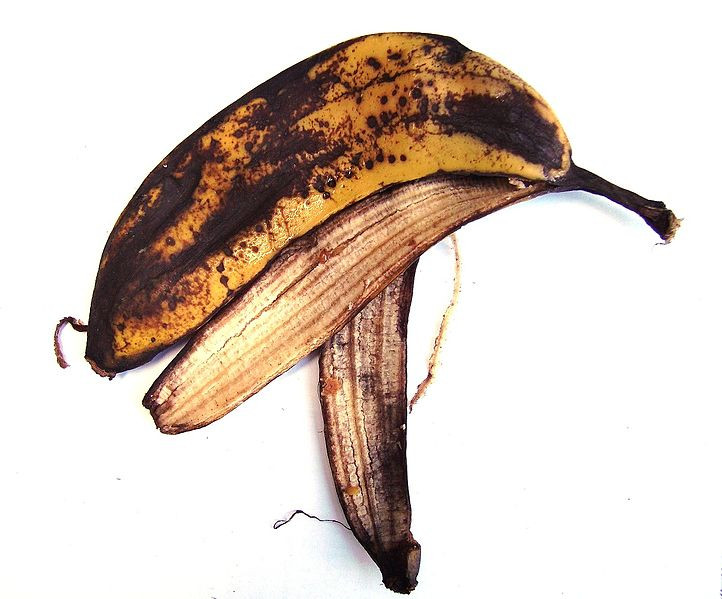
You might believe that only manmade materials cause environmental problems. Surely a banana skin, nature's own Tupperware, is safe to discard anywhere as it will decompose?
Wrong.
In cold weather, it can take up to two years for a peel to biodegrade. In 2010, conservationists on Ben Nevis called on visitors to stop leaving banana skins on top of Britain's highest mountain, after volunteers found 1,000 of them.
Apples can take up to two weeks to rot away.
Juice cartons
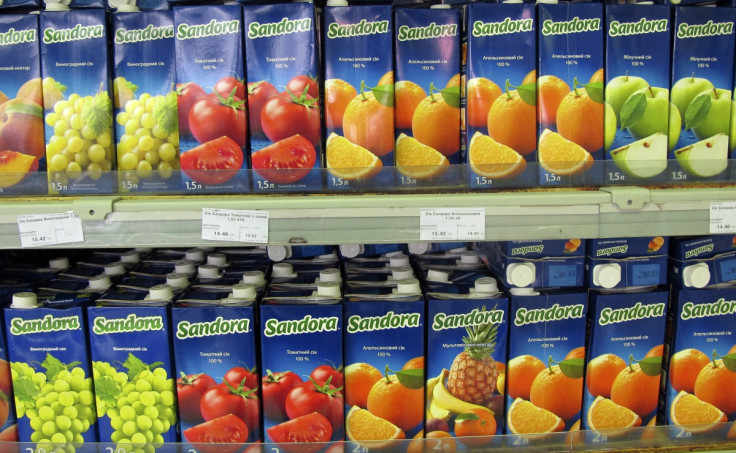
Juice boxes can take up to three months to decompose if they are comprised of waxed card.
But those made of layers of paper, plastic and aluminium can take up to 300 years, according to PBS the broadcaster. Those with green fingers might want to check the packaging to see if it can be composted directly into their garden.
Cigarette butts
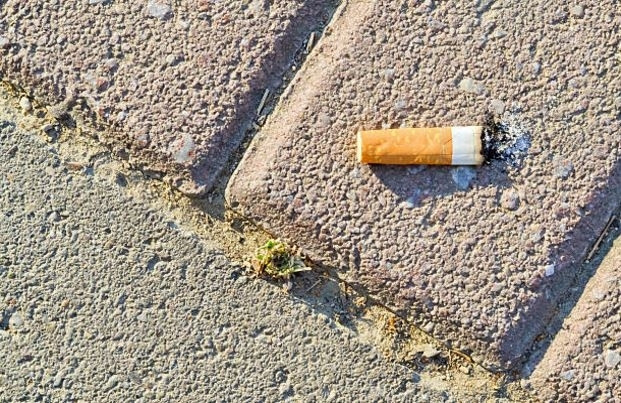
Most cigarette filters contain a type of plastic called cellulose acetate. This means that any cigarette ends you have flicked on to the floor could take up to a decade to rot away.
Plastic bags
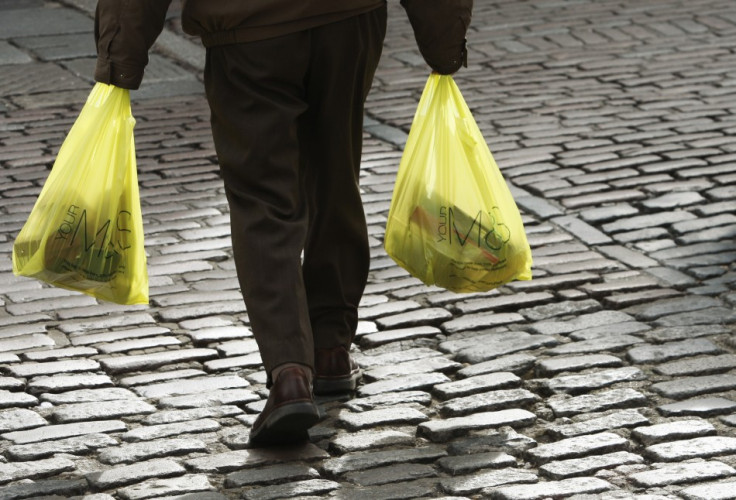
Since the UK government forced all large UK retailers to charge 5p for plastic bags, their use has plummeted by 85 per cent in 2016.
But that does little to solve the problem of the trashed carriers already polluting land and sea. Newer bags, which decompose when exposed to the sun, can still take 10 years to rot down. That figure jumps to an estimated 1,000 years for polyethylene bags.
Coffee cups

For those of us who grab a cappuccino on the way to work every morning, it might make you feel a little uneasy to know that disposable cups can take up to 30 years to degrade thanks to the plastic membrane which lines them, according to a materials expert who spoke to the Daily Mail.
Crisp packets
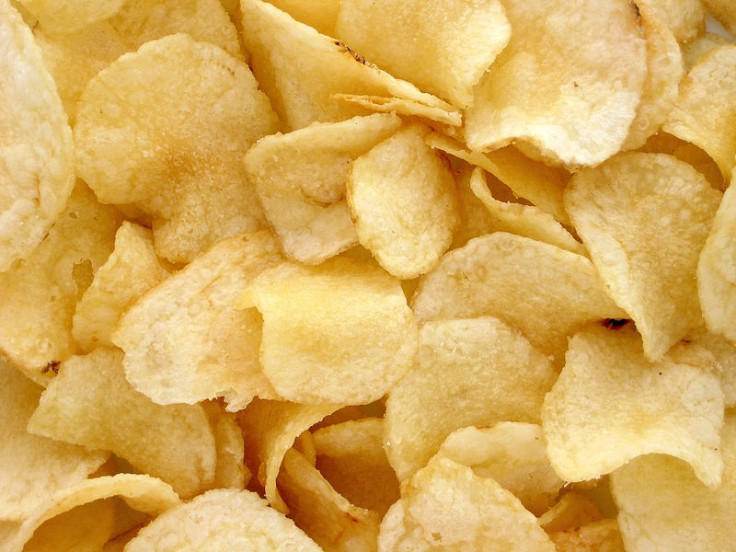
A packet of crisps take mere minutes to devour but the packaging can take up to eight decades to decompose. In 2012, a man found a packet of Golden Wonder crisps from 1967 on Saunton Beach in Devon, according to the Daily Mail.
Plastic bottles
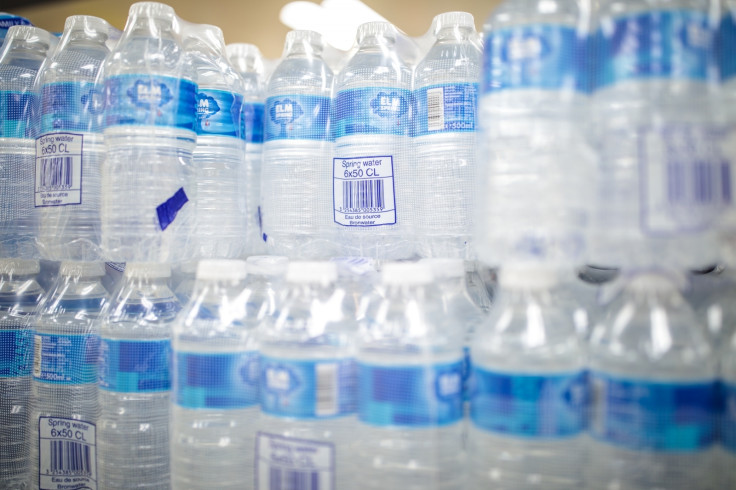
If Henry VIII could drink bottled water and did not recycle the bottle, the plastic would still be knocking about. Experts believe it takes half a millennia for the polyethylene terephthalate (PET) that make up bottles to break down.






















